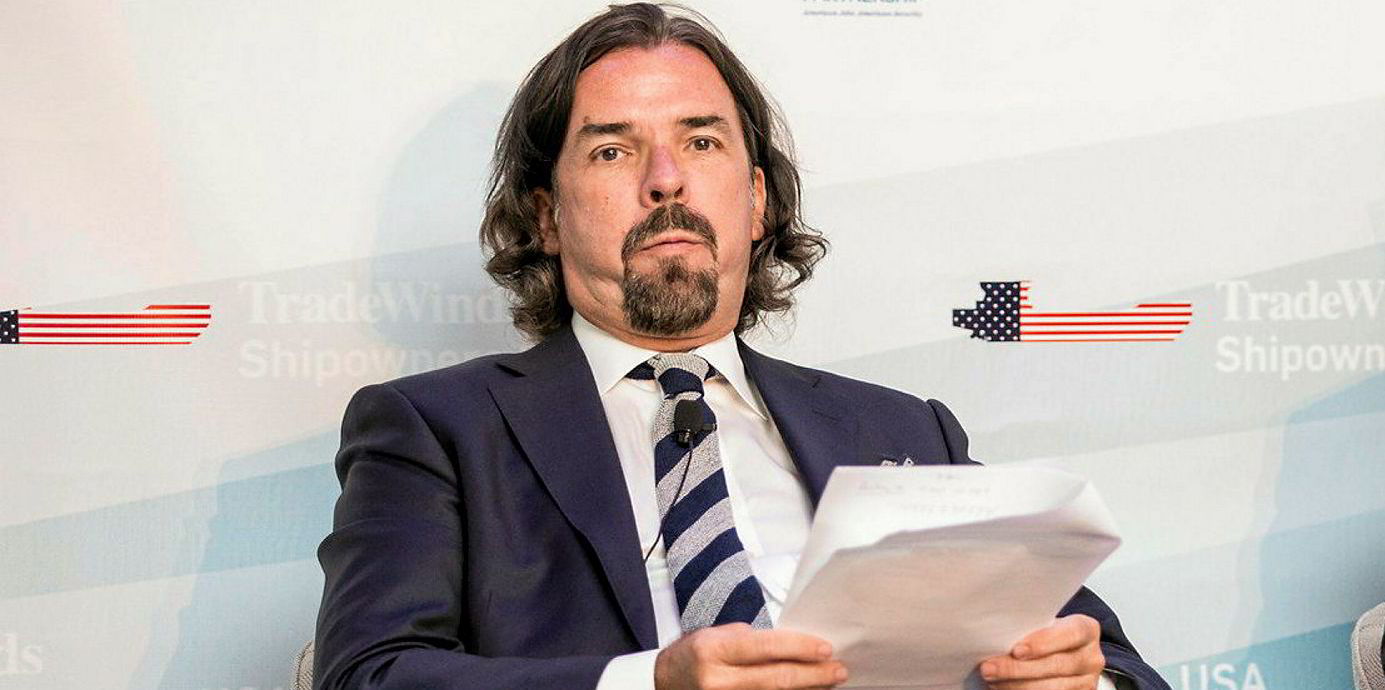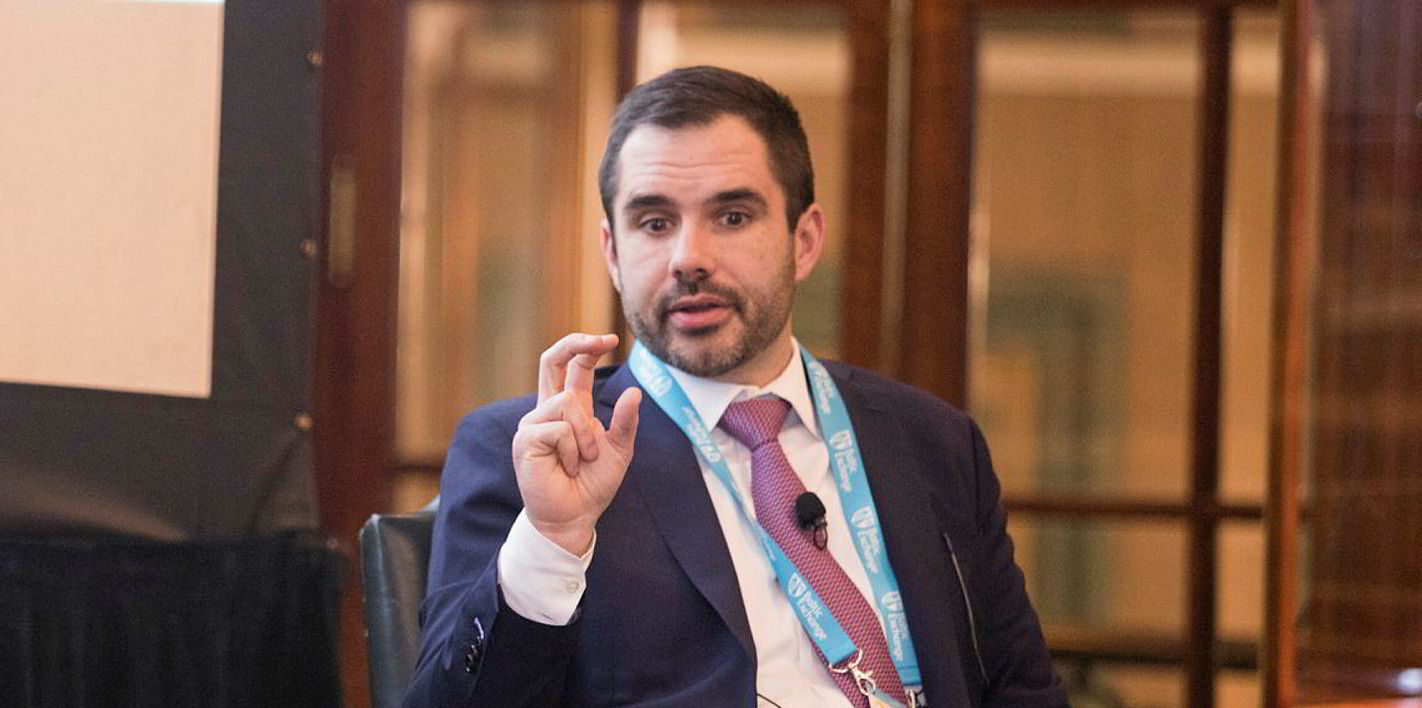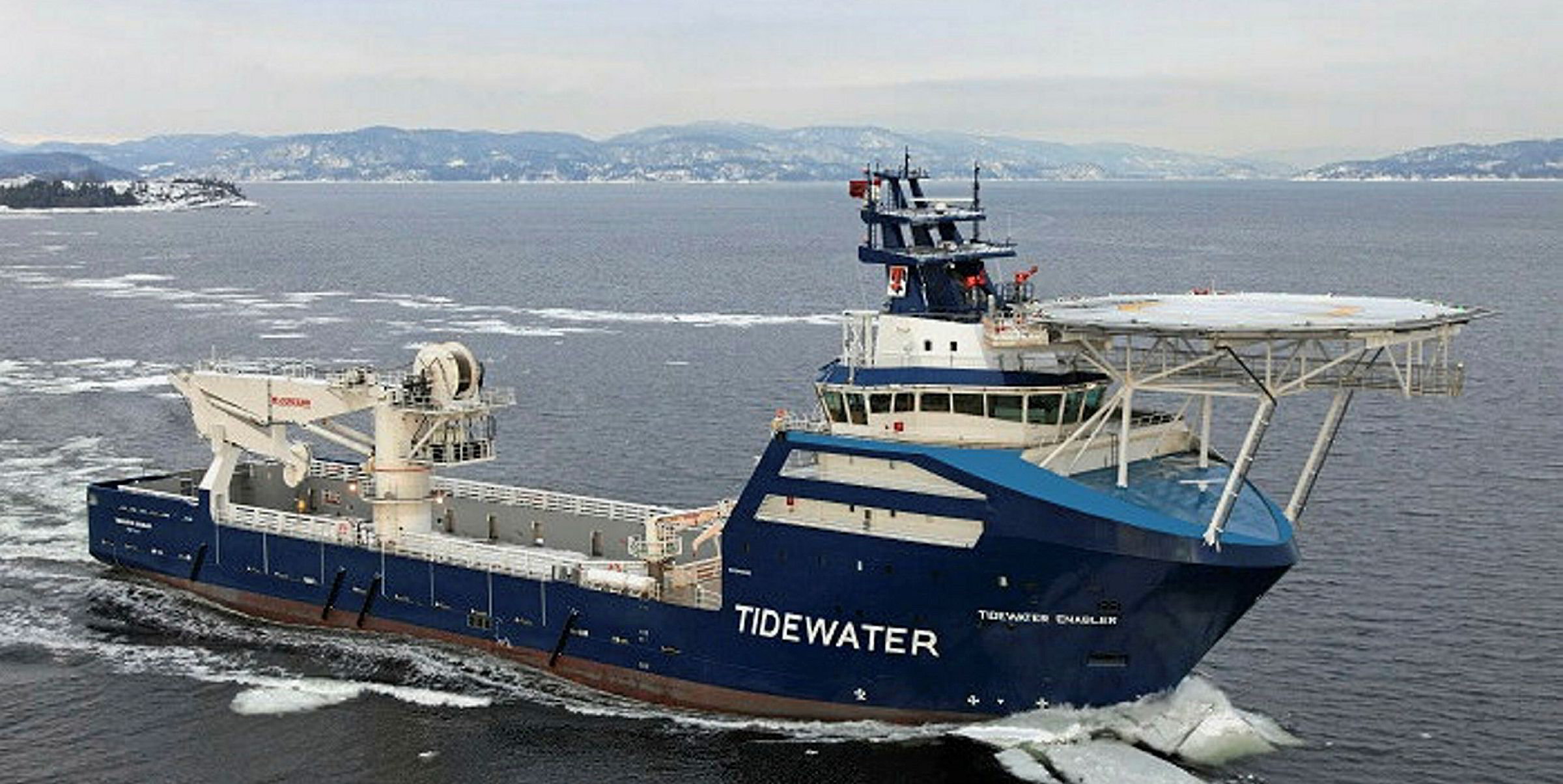“We shape our dwellings and afterwards our dwellings shape us,” Winston Churchill once said.
The quote appeared in one of the earliest versions of Wells Fargo Securities’ “corporate governance scorecards”, as equity analyst Michael Webber laid out the rationale for why public shipowners should adhere to best practices in running their companies.
In April 2016, Webber took the bold step of examining how listed owners carried out their business.
Did they have related-party conflicts? Pay out management fees or commissions to principals or their private firms? Who were the directors and were they truly independent or beholden to management?

Webber scored them and then ranked them, laying out the pros and cons for all to see — including an investment community growing increasingly tired of shaky business dealings.
There were howls of protest — largely from owners relegated to the bottom quadrant of the list. Go figure.
The stuck pig squeals
There is an American colloquialism: it’s the stuck pig that squeals.
But, from many others, there were plaudits and a burgeoning recognition that what Webber launched — if anything — had been overdue, especially as he consistently demonstrated a strong correlation between governance virtues and stock performance.
So when Webber stunned the ship-finance community last week by handing in his resignation at Wells Fargo, it seemed fair to wonder: what will become of the scorecard now that the sector’s leading governance watchdog has left his post?
We do not know what Wells Fargo will do. It is still early days and the bank has not yet indicated whether Webber will be replaced.
This is, after all, the year of exodus for shipping analysts. The earlier departures from banks such as Morgan Stanley, JP Morgan, Seaport Global Securities, Maxim Group, Credit Suisse and UBS were a lot less voluntary than Webber’s exit.
Still it is broadly expected that Wells Fargo will replace the star analyst and maintain a commitment to shipping, possibly appointing from within.
As for Webber? He has told clients in an email that he left “to pursue entrepreneurial interest outside the firm”, but has been unable to publicly comment otherwise.

A few clients and other finance sources indicate he is likely to form his own research and advisory firm, and continue to provide shipping research, perhaps on a pay-for-access basis.
With that, he is also thought likely to continue the governance scorecard in some form. It will be good news for investors and shipowning progressives and not so good for laggards and scofflaws.
A hint of Webber’s commitment to the cause came just a few weeks ago.
'Scorecard and Principles alignment'
On 10 July, he told TradeWinds that he would be incorporating owners’ disclosure of their carbon emissions levels into his scorecard in support of the groundbreaking Poseidon Principles initiative.
“We’re trying to create a degree of alignment between the scorecard and the principles — if they need more teeth, we’re happy to be a molar,” Webber said at the time.
The 11 leading ship financiers signing off on the principles seek to fit their lending practices to owners who want to buy or build vessels with lower carbon emissions.
Surely Webber would have been aware then that he would shortly be on the move after more than a decade at Wells Fargo.
Simply put, we expect Webber to keep chewing on the governance subject.
The molar has not been pulled.
Governance is a cause he believes in from a personal and professional standpoint, say people close to him.
“We believe there is no longer a place in the public shipping markets for companies that do not prioritise strong corporate governance and capital stewardship,” Webber wrote in his final Wells Fargo scorecard three months ago.
Belief is the key refrain.
Webber is a true believer in the cause — and he’s not alone. We know of several management teams and investors who reached out to him last week to honour his push for reform.
TradeWinds has learned that Greg Wasikowski — a well-regarded associate — also quietly resigned last week, supporting the idea that the move was part of a larger plan.
Progress has been made. Some who score highly in Webber’s rankings now routinely make the feature part of their investor pitches.
Shipping has embraced reform. Yet there is more work to do.
The dwelling is still being shaped.





